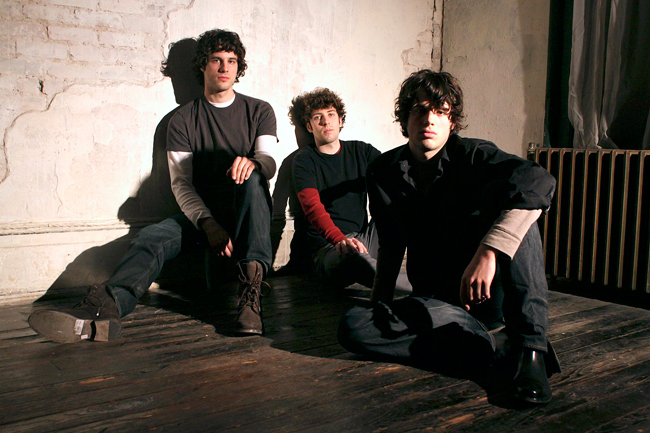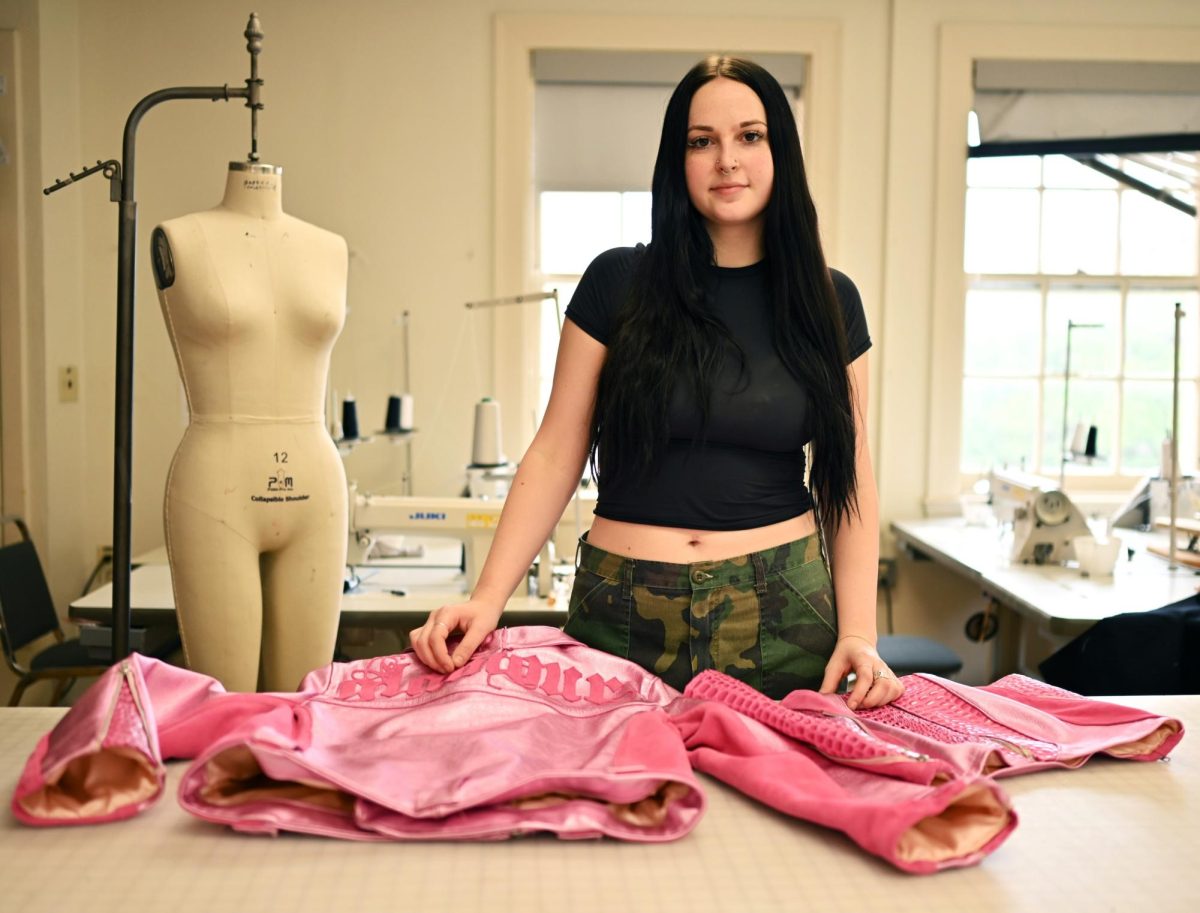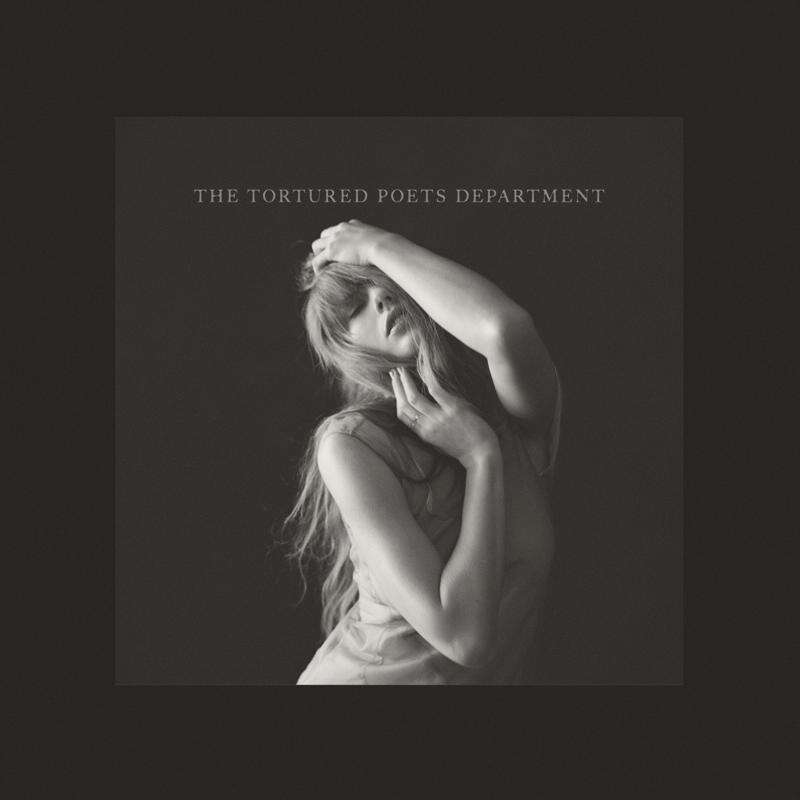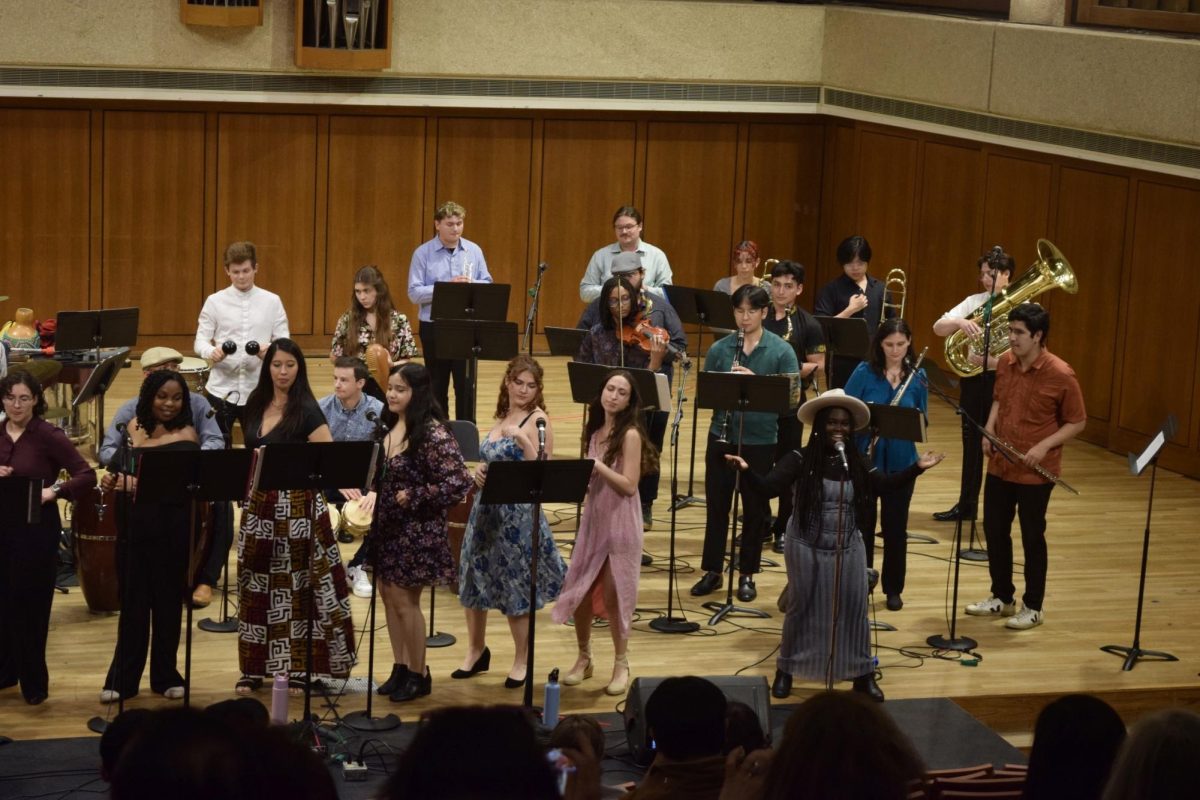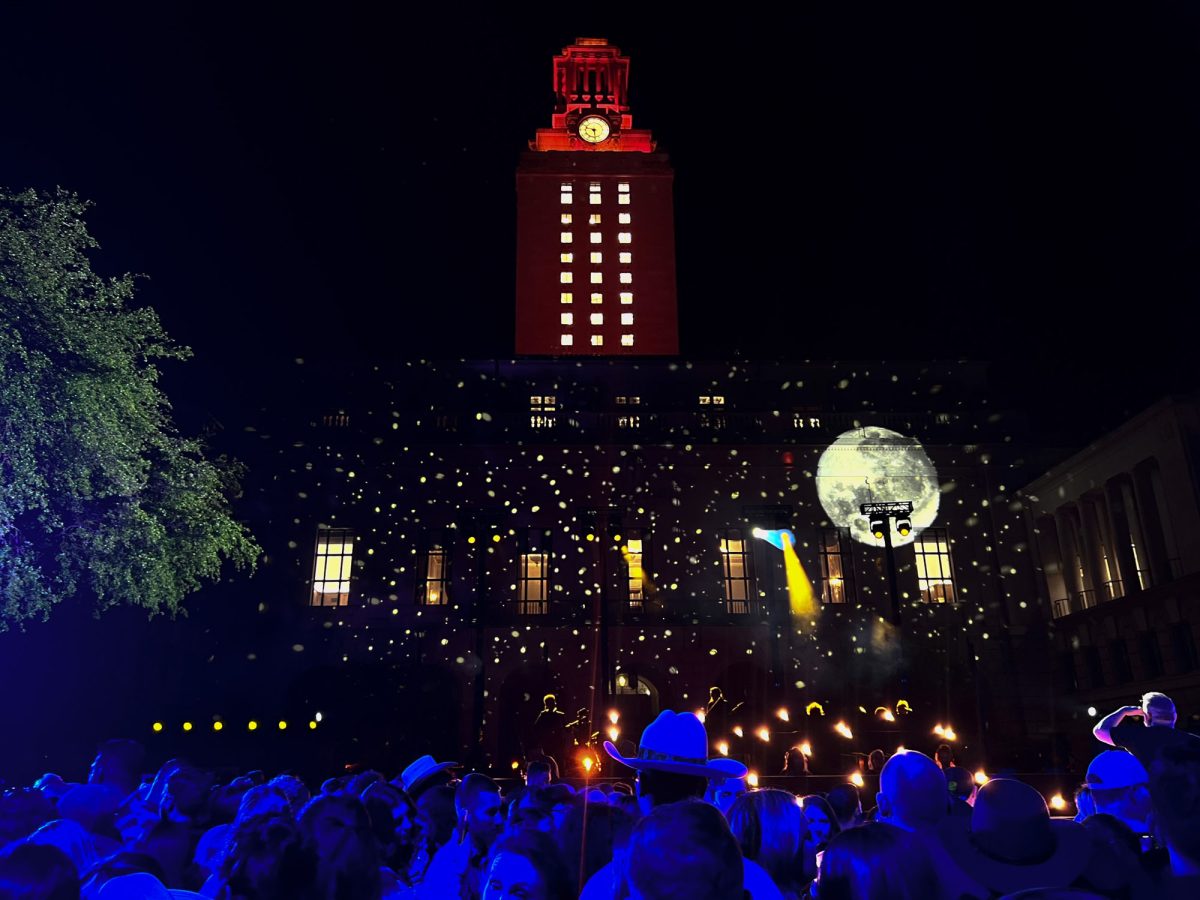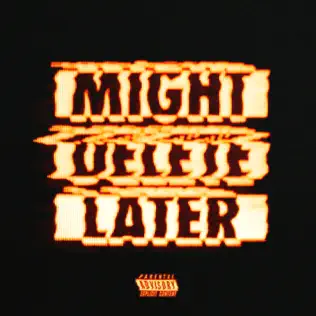Indie rock, as a term and a tradition, is starting to seem a bit like a joke. Just check last Tuesday’s Time magazine for an article on the realities of life as a 21st century indie musician, incredibly titled, “Want to Be a Rock Star? You’ll Need $100,000.” The article’s rock-star subjects — and authors — are Abner and Harper Willis, two brothers who front a New York City rock outfit called Two Lights. Although they are fresh faces on the New York scene, the boys have already racked up a number of achievements. “We’ve been mentored by former British rock stars, posed for photo shoots, hung out with models, worked with Grammy-nominated producers and rocked some of the top clubs in New York,” the dandy debutantes wrote. “And we’re broke.”
Broke, you say? I decided to read up on the band’s financial situation. All I needed to know was in their article, wherein Two Lights exhaustively list their expenses in a misguided attempt to garner sympathy. Among the costs mentioned by the “broke” boys: $25,000 for gear, $1,000 for touring, $18,000 for living in New York City and $30,000 for professional lessons — mostly accounted for by the 15 years of guitar and piano lessons paid for by the brothers’ parents. Did I mention that one brother is finishing up at NYU, one of the most expensive private universities in the country?
Two Lights are too self-absorbed to know what it’s like to be independent musicians. They don’t even know what it’s like to be broke. Like so many manufacturers of mediocre music, they have co-opted the indie aesthetic (smart clothes, emotive singing, and “grassroots” PR tactics) while learning nothing from its ethic. They could have at least had the savoir-faire to write some decent tunes.
If there’s one lesson to be found in the history of independent music, it’s that behind every great song is a great struggle. The greatest bands were often the ones who struggled most: Black Flag were regularly harassed at shows by local police officers, members of R.E.M. survived their first tour on $2 a day, and at one point, Texas’ own Butthole Surfers were reduced to collecting cans to turn in for food money (when their bag was ripped by a passing hooligan, one band member broke down in tears). For most classic indie bands — R.E.M. would become a notable exception — having $100,000 to spend on music was simply unthinkable.
That’s not to say that all bands ought to take a vow of poverty before the indie pantheon or go live under a bridge for inspiration. A struggle can be internal or even artistic. But for a band as out of touch as Two Lights seems to be, their greatest struggle as musicians is no more deserving of our admiration than their ultimate, self-professed goal as musicians: “to earn a lot more money than even doctors and lawyers.” Would you really want that band to be your life?
But what does the proliferation of label-chasers such as Two Lights mean for music today? Are they really representative of the new scene? Independent rock icon Steve Albini doesn’t think so. In an interview with Niccolo Vecchia May 2011 on Pachanga Radio, the producer gave an optimistic take on the shape of music to come: “One nice thing about the collapse of the music industry — and the music industry is in a state of collapse now — is that the bands are gradually becoming comfortable being 100 percent in control of their careers.”
It’s a vision that’s hard to deny. Over the last 10 years, artists as diverse as Clap Your Hands, Say Yeah and The Weeknd have achieved success solely on the strength of their self-released debuts, over which the artists had complete creative and distributive control.
Albini clearly believes this is for the better. “Bands are in the best position to make decisions about their careers and their music,” he said. Yet, Two Lights and most bands whose raison d’etre is financial success want nothing more than to give up control if it means signing a lucrative contract.
Put your ear to the underground, where lo-fi projects such as The Microphones, Cloud Nothings and tUnE-yArDs are maturing into formidable bands, where bedroom recordings by musicians like Youth Lagoon and Washed Out are reaching a decentralized worldwide fanbase, where Steve Albini still records countless new bands in his home studio and it’s hard to imagine that old-school sellouts like Two Lights are in a position to turn indie into a joke. If anything, it sounds like they’re in danger of being laughed off the stage.
Printed on Thursday, February 2, 2012 as: Indie bands must form from struggles



